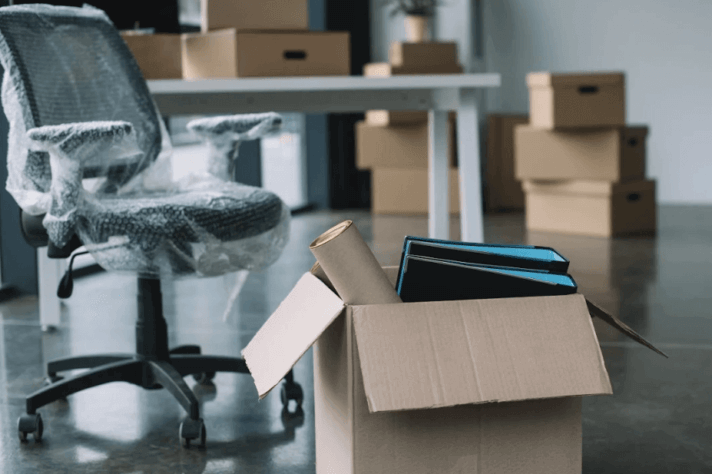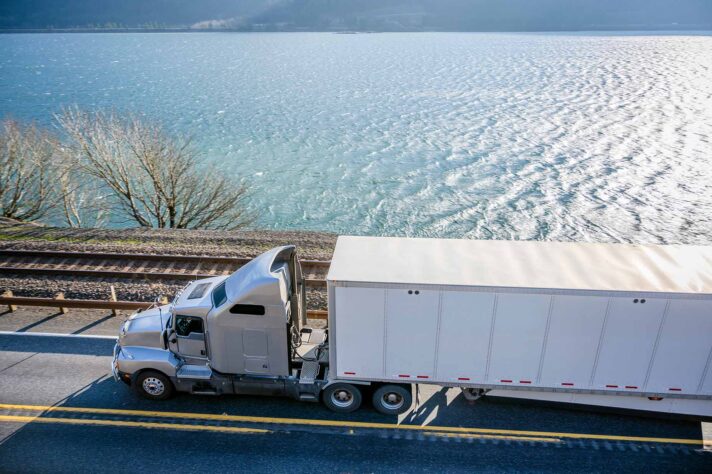If you haven’t moved before, the entire endeavor probably seems even more intricate than it actually is. You don’t know where and when to start. And there are so many tricky tasks that you have no idea how to handle. Take a deep breath and learn some life hacks for moving. Whether it’s packing, lack of patience, or the overall organization that troubles you, there is a solution to it. The ultimate list of moving tips and hacks to ease your upcoming relocation is always the same, regardless of your reasons to move, so, let’s start with that.
Essential Moving Hacks – Tips and Tricks for Easy Packing and Moving
Even though it can be tricky and challenging, cross-country relocation doesn’t have to be chaotic. Well, at least not once you learn some of the best moving hacks to make the entire process run smoothly. We understand just how overwhelming and emotionally demanding uprooting your life may feel. Plus, there are those move-related tasks waiting for you to take care of them. No wonder you start feeling anxious and stressed out. But we are here to help.
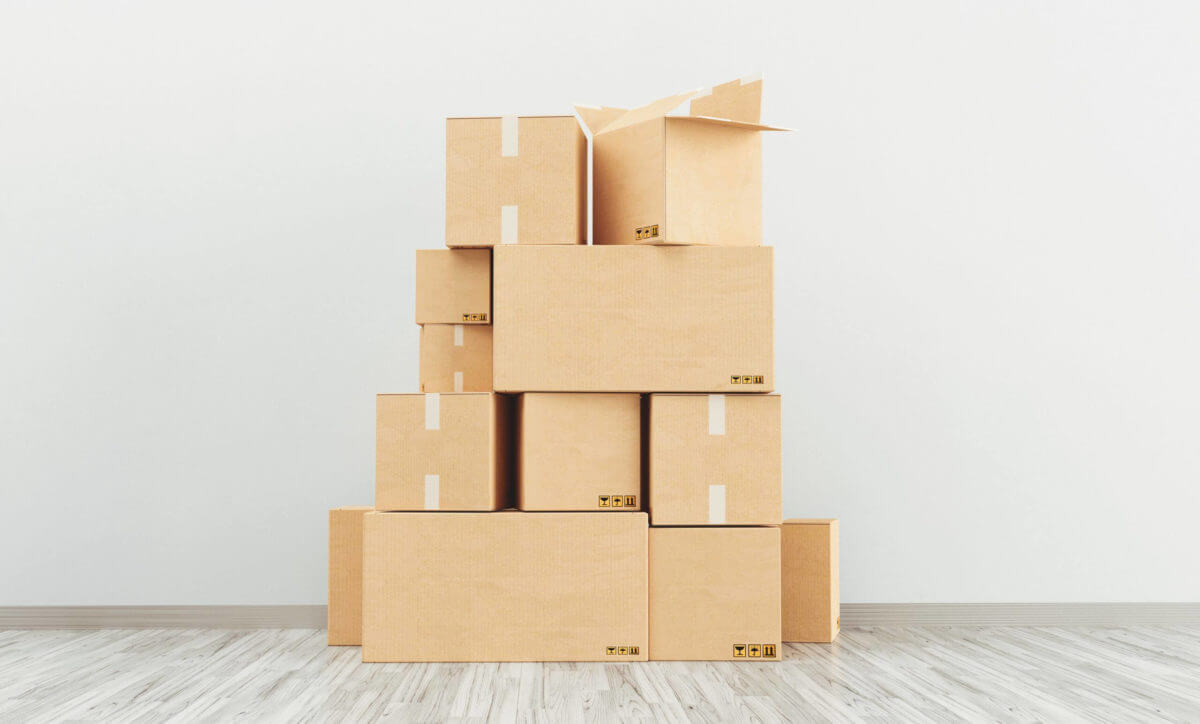

Why Using Some Smart Moving Hacks Will Prepare You Adequately for a Move?
Nothing can make a move more stressful and chaotic than not being prepared for every step of the process correctly. To save yourself from trouble down the line, put in some effort to learn more about relocation and how to get ready for it. Even if you’ve moved several times so far, there is always something that can be done better.
However, if this actually is your first time moving cross-country, you definitely need to organize properly. Let’s take a look at the key steps to take and tips to follow to be fully prepared for your upcoming move.
Start Getting Ready Several Weeks Before Your Moving Day
One of the most common moving mistakes is procrastinating. Yes, we understand that relocation isn’t precisely your idea of a fun time, but postponing your preparation because of it only makes things worse. Last-minute moving is, of course, manageable, but it can be much more stressful.
To avoid additional pressure during this hectic period, get down to business early enough. To be on the safe side, it is advisable to start getting ready four to six weeks before your scheduled relocation. It may seem like it can be done in less than two weeks at first glance. Here’s what are some if the first tasks to do.
Create a Checklist to Keep Track of Everything
When you don’t have everything under control, dealing with moving stress and relocation depression becomes even more challenging. Don’t let things slip out of your hands and spiral out of control. Create a plan and write it all down in the form of a checklist. That way, you won’t have to worry about forgetting something crucial that can cause you any problems later on. It will also be easy to keep track of everything still waiting to be done.
Cancel Your Utilities and Update Your Address
If you leave it for the last moment, the chances are that you, too, will ultimately forget about it. So, the safest way to go about it is to contact the utility companies as soon as possible. Notify them of your relocation date, so you don’t have to worry about spending your first day at the new place without electricity or water. Another crucial step is to figure out how to change your address before you go house-hunting. After you notify the post office, don’t forget to update your address for utilities and subscriptions.
Create an Inventory List
Before you put all your stuff in boxes, you should first create a household inventory list. Not only will this help you keep everything organized, but you should also have a household inventory if you’re planning to get insurance for your belongings. It can also come in handy in case you need to claim damage. Of course, you don’t want to think about anything getting damaged or broken, but it’s good to be prepared. Instead of the actual list, you can also create a photo inventory if you find it more convenient.
One of the Moving Tips and Hacks Is to Plan Your Budget
Finances are among people’s primary concerns when it comes to relocation. To be sure you have enough to cover all moving expenses, even if you managed to find a job before moving to another state, it is essential that you set your moving budget right from the start.
When you determine how much you can afford to spend on this endeavor, you can plan every following step accordingly. Or you may realize that you should wait a bit more until you save up a few more bucks. Whatever the case, what’s important is that you eliminate the element of surprise.
If you’re planning to book professional cross-country moving services, you’ll get a moving estimate to help you get an idea of how much money you should allocate. Feel free to ask them what is the cheapest time of the year to relocate if you want to be economical.


Make Sure You Have Enough Boxes and Other Packing Supplies
Before you get started, it is crucial that you first create a list of packing materials for moving. Then it’s time to obtain everything on that list to have everything necessary to protect all your things properly.
First of all, you should gather enough boxes of various shapes and sizes. You should also figure out the best-sized boxes for moving different belongings. If you want to save a few bucks, you can look for different types of packing materials on well-known Craigslist. A useful hack to lift those boxes easier, later on, is to cut rectangular holes in the sides.
You should also have a plastic wrap to cover all the bottles with liquids before putting the top back on to prevent the liquid from spilling. Be sure you learn how to use bubble wrap and get lots of it. Bubble wraps are essential for packaging fragile items. Other supplies you should put on that list include:
- Foam peanuts,
- Moving blankets,
- Furniture covers,
- Packing paper,
- Duct tape.
Alternative Packing Materials
In case you can’t gather all the necessary supplies, there’s no reason to worry. There are all kinds of alternative solutions scattered around your house that can prove to be a real-life-saver. For instance, if you’re wondering how to pack books, here’s a suggestion – you can put them in suitcases with wheels. Suitcases can be rather useful for all kinds of bulky items. Even if you have enough sturdy boxes, putting books in your suitcases is a space-saver.
Are you wondering how to pack dishes? Here’s a useful hack for wrapping the plates – put Styrofoam plates between your plates to prevent them from breaking during transport. If you’re worried about how to pack paintings for moving, pipe insulation or pool noodles can be used to protect the frames. The same goes for the frames of mirrors.
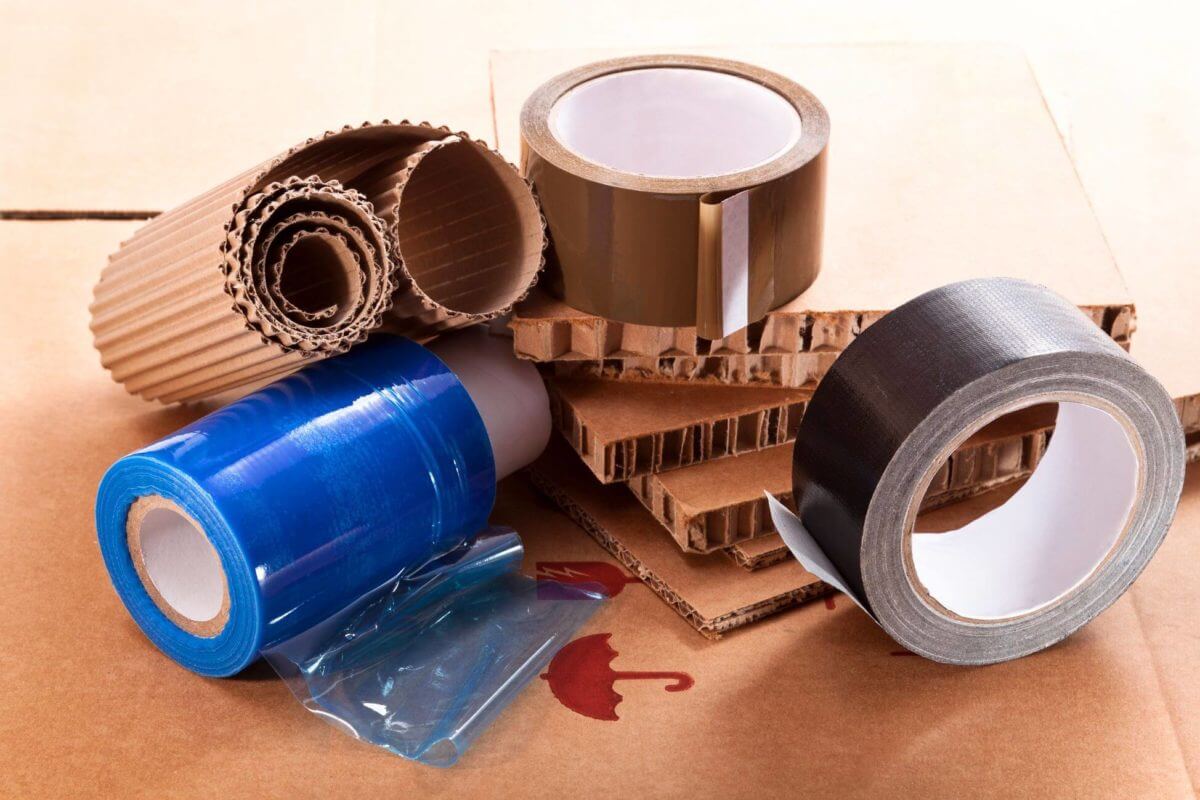

Check Out Some of the Best Packing Hacks for Moving
Since this is usually considered one of the most troublesome parts of relocation, some packing tips will come in handy, too. If you absolutely have to relocate on short notice, there are some essential packing tips for moving in a hurry. But if not, do get started as early as possible, as this can be a rather time-consuming part. Where to start? Get rid of absolutely everything you won’t be using when you move to ease the entire process.
Declutter, Declutter, and Declutter Some More to Make This Step Easier
The fewer belongings there are, the easier it gets. If you want it all to run smoothly, go through your stuff, and create a pile of stuff you haven’t used in a while, and you certainly won’t in the future. Then, divide the things you no longer need into categories.
When you’re done sorting out, create a separate pile of stuff for charity. Why would you throw away something that can still be used when you can donate unwanted items before moving? Decluttering is particularly important when you’re moving to a smaller home. Also, if you and your partner are moving in together, you should get rid of all the double pieces of furniture you might have. Whether you’re relocating to a smaller house or from a house to an apartment, this step can save you.
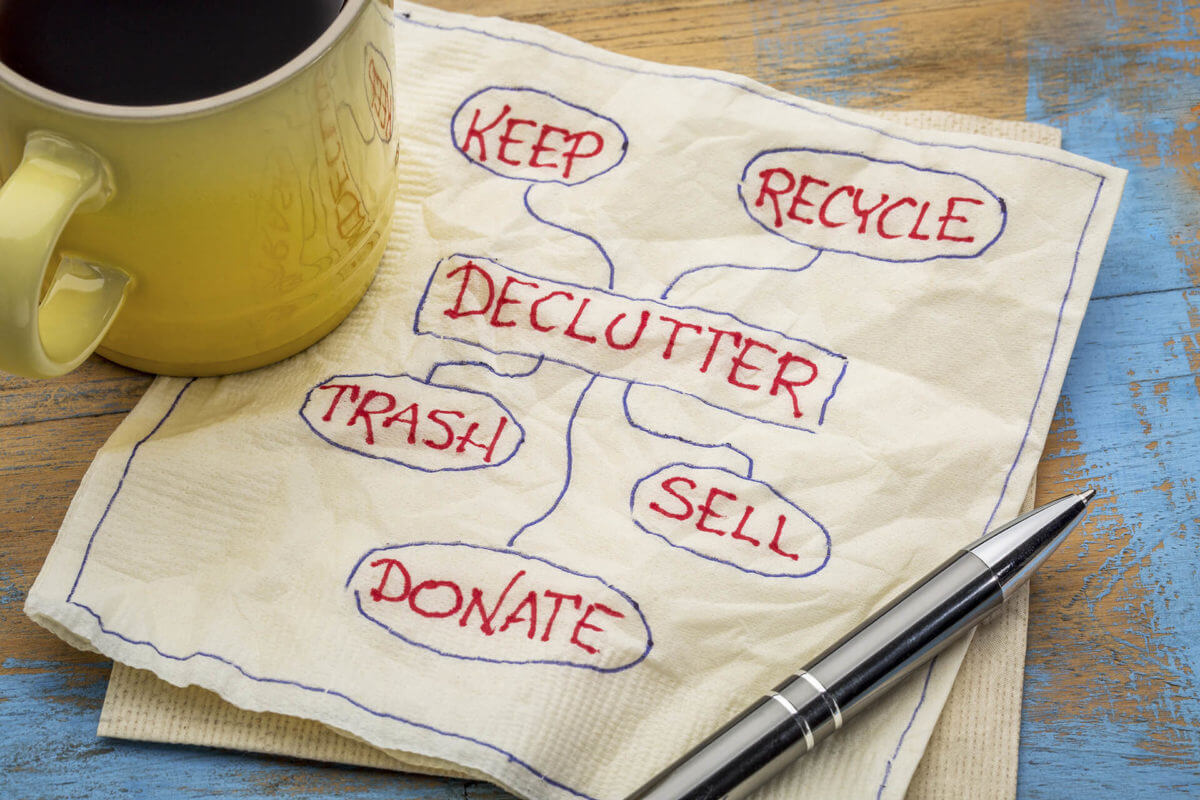

It’s Best to Go Room By Room
One of the crucial packing tips for moving to make your relocation less stressful is to deal with one room at a time. Otherwise, it can quickly become chaotic. When you’re dealing with several rooms at once, you can easily forget where you put some stuff and disrupt your timeline. Simply put, you can say goodbye to well-organized and smooth packing.
To avoid this worst-case scenario, create a plan and stick to it. Decide which room you use the least and start with the stuff there. Don’t get started with another room until you’re completely done with the previous one.
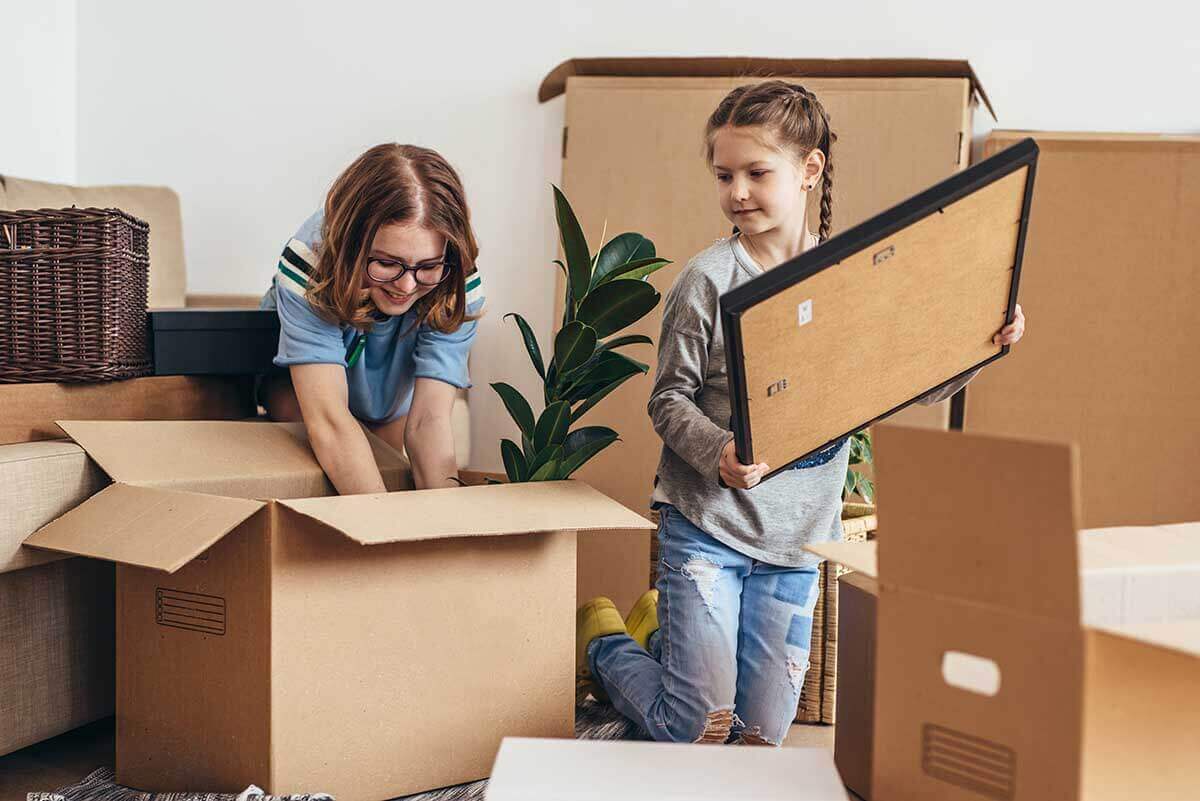

What to Do With Your Clothes?
When you think about all the work you have to put in to take care of your clothes, it’s relatively easy to get discouraged. First, remove the clothes from the hangers, fold them, put them in the suitcase, then unfold and put them one by one back on the rack when you settle in. But why complicate things? You can simply leave your clothes on the hanger, and then put them inside a trash bag. Quick and easy, right?
You can save a lot of space when packing clothes for moving if you roll up each piece of clothing instead of folding it. Another useful hack to keep in mind is to leave the stuff in the drawers. Again, why not skip the unnecessary taking out and put it back in if you don’t have to? You can just take out the drawers with the stuff in them and secure them with plastic wrap to keep the stuff in place.


What About Electronics?
Are you wondering how to pack electronics for moving? Naturally, you want to be entirely sure that your valuable devices are fully protected and delivered intact to your future address. Whether you should pack a computer or some other gadget, the safest thing to do is to put them in the original packaging of each electronic device.
If you don’t have the original packaging, put the devices in containers that fit their size. Never choose much larger containers to avoid electronics from shuffling around. Put chords in toilet paper rolls to prevent them from tangling. One more rather useful piece of advice is to take pictures of the back of your TV. You know which wire is plugged in where now. But when it comes to plugging them again upon arrival, the chances are that you won’t be able to remember them.
Measure Your Furniture
Packing your furniture when moving is probably one of the most challenging items on your to-do list. So, to determine if it is worth the trouble, you should first measure your furniture to check whether it fits your new place. If it turns out that some of your furniture pieces don’t fit your future home, you can always find a place where you can donate furniture before you move. When it comes to those pieces that you are going to move, put towels beneath them. Not only will it be easier to drag the furniture, but it will also protect the floors.
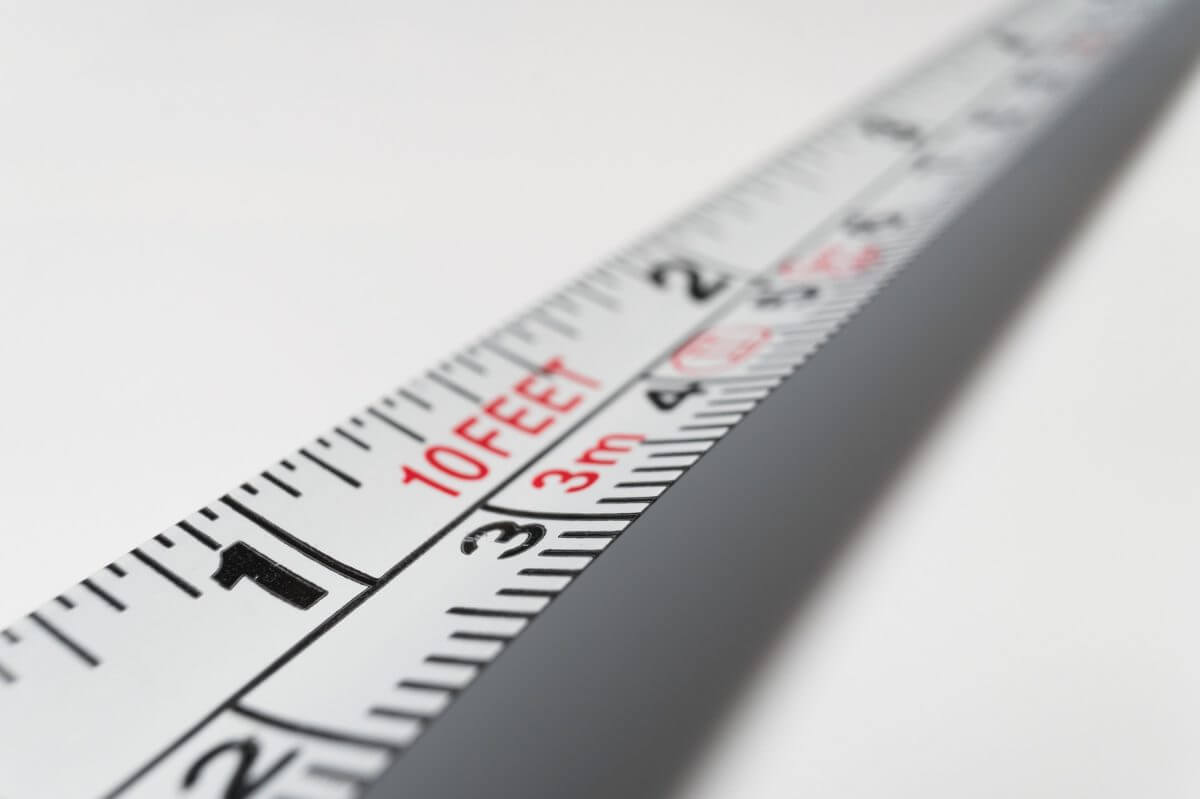

Pay Special Attention to Breakables and Kitchenware
Your breakables are probably among the most valuable stuff you’re planning to relocate. Whether they are expensive or they just have emotional value, you don’t want to risk damaging any of them. Thus, it is necessary to be extra careful when handling these.
This can be particularly tricky if you don’t have proper cushioning materials. But it is manageable to get everything intact to the future address. For instance, you can put some of the breakables in socks or wrap them with linens and towels.
When it comes to packing kitchen items, there are several ways to handle this efficiently. For instance, you can do a similar thing with utensils that you did with your dressing drawers. Simply secure the entire utensil organizer using plastic wrap without previously removing spoons, forks, or knives. If you still have some knives that are not kept in the organizer, you can put them in old oven mitts to prevent injuries when unpacking. Another useful relocation hack is to put your spices and dish towels inside the pots to save some space.


Ask What Things You’re Not Allowed to Bring
The things you won’t be allowed to take with you include perishable food. If you don’t clean your fridge before relocation, the best thing you can do is to donate extra food. There are many organizations where you can give away your food, such as Move for Hunger. Other usually prohibited items include flammables, compressed gases, in some cases, plants, and flowers, as well as certain medications. You should check if there are any other specific rules and regulations to avoid investing your patience into something you can’t bring.


Put Labels on Each Box to Know Its Content
When you place all your stuff inside the boxes and suitcases, you won’t be able to remember where you put what. If you can’t keep track of the stuff, your unpacking after the move will be much longer and more challenging. The best thing to do to always know what you put in each box is to write the content of each box on its sides and top. Thus, you won’t have to remove another box on top of it to see the label.
In addition to labeling each box with its exact content, it is also a good idea to write down the room to which it belongs. Keep in mind that when the Cross-Country Moving Company is unloading the truck, we’ll get the job done efficiently because our team has many years of experience in transporting customers’ belongings.
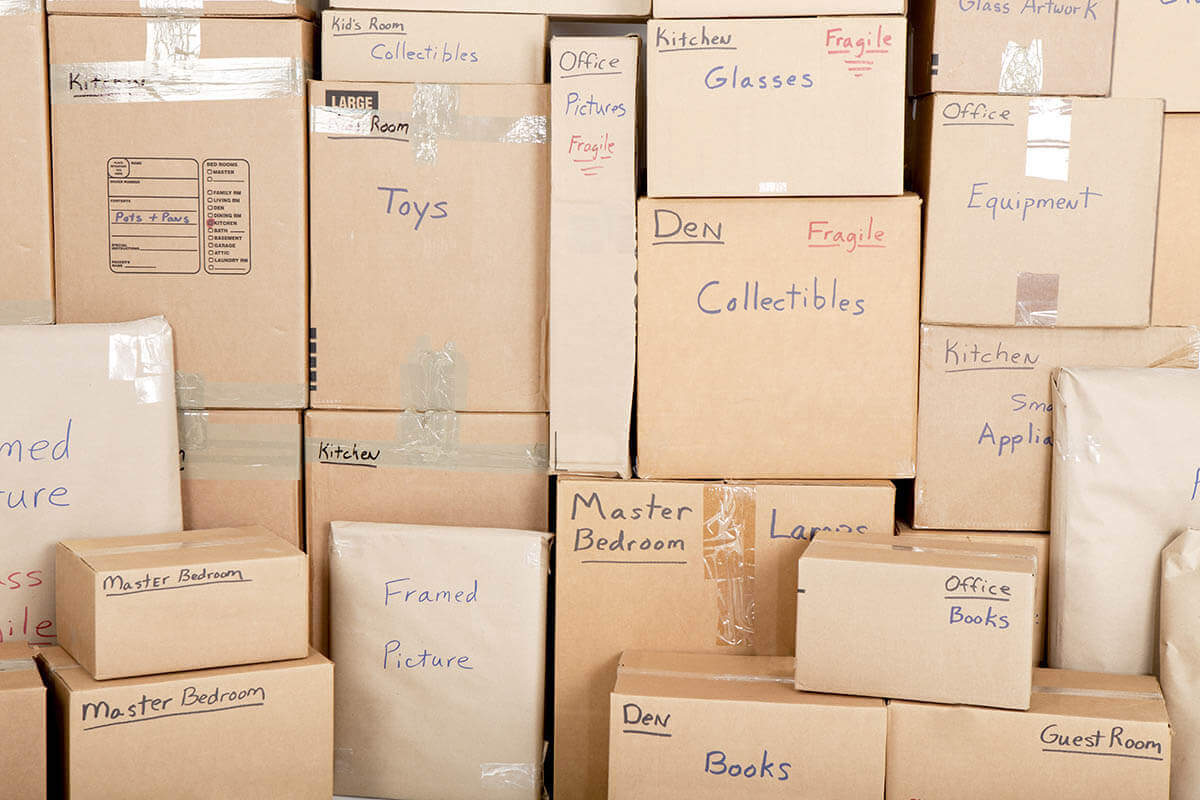

Don’t Put Your Valuables and Important Documents With the Rest of Your Stuff
When it comes to your passports, IDs, certificates, and other vital documents, the golden rule is to always keep them close. Cross-country movers don’t take responsibility for these, so you shouldn’t take even the slightest risk of losing them. The same goes for some highly valuable jewelry, as well as money. It is advisable to put these in separate plastic bags to protect them from any potential damage. Then put them in a bag that will be with you all along.


What to Do When the Moving Day Comes?
You’ve been preparing for it for weeks, but the very relocation day can still be stressful. We guess you could use some moving day tips, too, so as not to forget about something important. Here are some of the most significant things to keep in mind, so it all runs smoothly.
Hacks to Make Moving Easier With Your Kids and Pets
When you’re relocating with your children, you should think about the best way for them to spend the relocation day, which can be too hectic for the little ones. You can ask a friend or a family relative to spend the day with them or arrange a playdate.
Relocating with your pet calls for a few more preparation steps to take, even if you’re moving to another state alone. Relocation can be rather stressful especially if you are moving with a dog. So, to protect your furry friend from all the hassle, consider leaving him with a close friend. Another option is to designate one separate room where your companion can be and leave their favorite toys to keep them entertained. If you choose the latter, remember to check up on your pet regularly so that they don’t feel lonely and scared.
Prepare the Bag With Moving Essentials
In addition to keeping your documents close, you should remember to bring a bag where you’ll keep the rest of the essentials. Put the stuff needed during your relocation or right upon arrival to your future place in this bag. And always keep your moving essentials somewhere close, where you can reach them easily at any moment.
Some of the most commonly needed essentials include the following:
- Chargers,
- Daily medications,
- First aid kit,
- Basic toiletries,
- Change of clothes.
Get up Early to Get Started As Soon As Possible
Since there will be so much going on, you should get up early. Leave yourself enough time to prepare breakfast and eat it in peace, and then get ready for the long-distance movers. If you’re relocating in summer, getting up early is also important if you want to avoid dealing with all the heavy lifting in the scorching heat.
Keep Snacks and Drinks Close
As we previously mentioned, you should empty your fridge before relocation. However, that doesn’t mean that you should be left with absolutely nothing to eat. On the contrary – it is crucial to have some food and drinks to get you through. So, don’t forget to prepare some refreshments and keep them close so you can access them whenever you want. Some snacks and bottles of water will mean a lot.
Wrap a Rubber Band Around the Doorknob
The last thing you need is to get locked out of your place. And with so many people going in and out of the house, this can easily happen. To be on the safe side, you should string a rubber band around your doorknob on the inside, and then cross it over to the knob on the outside. The rubber band will keep the door from locking, so you don’t have to worry about this. You can freely go in and out and not think about accidentally closing the door.
Turn to Professional Cross-Country Movers for Help
Are you wondering how to move a piano? How about packing glassware for moving? We suppose you’re not that thrilled about either of these, as well as many other tricky-to-pack belongings in your home. What about your vehicle? You don’t want to drive to the future address, but you do want your car there. How to solve this one?
The answer to all your move-related troubles is, in fact, quite simple – you can book a reliable cross-country moving service. If you don’t know how to deal with large or extremely fragile belongings, ask for a packing service. If you want to transport your car across the country, learning about how car shipping works and asking for an auto transport service is the right choice for you, especially when relocating to the suburbs. And if you happen to need a safe place to store your stuff before, during, or after your move, that’s what storage units are made for.

Auto Transport
Cross Country Moving Company is the most trusted name in auto industry in the country.
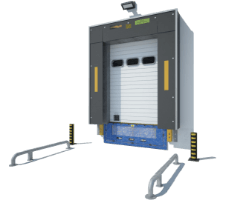
Storage
Cross Country Moving Company is the most trusted name in auto industry in the country.
Moving Insurance
Cross Country Moving Company is the most trusted name in the relocation industry in the country.
How Can You Reduce Costs on Long-Distance Moving Services?
If you’re relocating on a tight budget, so you think you can’t afford to hire professional long-distance movers, we have some good news for you. There are many ways to reduce costs when moving and have the cheapest way to move out of state. If you prepare accordingly, you can save quite a few bucks.
The safest way to reduce the costs is to pick the right time of the week and month to move. By right, we mean that you should stick to the middle of the week and the middle of the month when you’re scheduling your relocation date. Weekends, the beginning and the end of a month have proved to be the busiest period for a long-distance moving company. So, their services are more expensive then.
You’re probably also wondering about the best time of the year to move. If you want to save some money, avoid summer, as this is the peak season for professional cross-country moving companies. You should also avoid national holidays and weekends because moving during the holiday season can get pricey.


Feeling Ready for Your Moving Adventure?
You decided where to move and now it is time to do it. Sure, relocation, no matter if you are moving for a relationship or in pursuit of knowledge, does sound like quite an endeavor. But, as you can see, with the right precautionary measures and tips and tricks to keep in mind, it can turn into quite an adventure and fun experience just like that. Get ready for your relocation properly to keep anxiety about moving out at the bay and see for yourself how enjoyable relocation can be.
For any concerns or doubts, do not hesitate to contact Cross-Country Moving Company to help you out. Stick to your plan, check the safety of your future neighborhood, start getting ready early enough, rely on these hacks, and you’re good to go.
Frequently Asked Questions About Moving Hacks
What are the best tips for making a move easier and more efficient?
The best tips for making a move easier and more efficient include:
- Start planning right away,
- Make a checklist and timeline,
- Have an inventory list of everything you need,
- Get rid of any items that you don’t need,
- Use moving boxes and packing supplies
- Hire a professional long-distance moving company.
How can I save money on my move?
You can save money by getting several quotes from different cross-country moving companies, and comparing them to find the most cost-effective option. You can also save money by packing some of your items yourself.
How can I pack more efficiently for a move?
Start by sorting items into categories and then packing them in labeled boxes. Use smaller boxes to pack heavier items, while larger boxes can be used to store lighter items such as clothing and linens. Wrap breakable items in bubble wrap or towels before placing them in designated moving boxes.
How can I make moving heavy items easier?
You can use a dolly, wear protective gear such as gloves and back braces, ask for help from friends or family, break the item down into smaller parts if possible, and ensure that you have an adequate path cleared before attempting to move the item.
What are some creative uses for household items during a move?
Some creative uses include using empty boxes as makeshift storage containers, packing delicate items in blankets and towels to provide extra cushioning, and using duct tape to secure loose items. Additionally, clothing and linens can be used as padding when packing fragile items like glass or china into boxes.
How can I reduce stress and stay organized during a move?
The most important thing for your move is to plan ahead, create a timeline and be flexible with your expectations.
What should I do to prepare my home for a move?
To prepare your home for a move, you should start by sorting through and organizing your belongings. Make sure to donate, sell or discard any items that you no longer need. Don’t forget to clean the house thoroughly and make sure all windows and doors are securely closed.
How can I reduce the amount of items I need to move?
The most efficient way of doing this task is by decluttering and getting rid of things you’re not using anymore. Doing this will lighten your load for the move and make packing easier.
How can I make the unpacking process smoother and quicker?
Organize items in advance by labeling boxes, making a list of what needs to be unpacked, and prioritizing which items are needed first. You can also ask for help from family or friends to make the job more manageable.
What are some essential items to have during a move?
Some essential items include boxes and packing materials, tape, labeling tools and markers, furniture sliders and moving straps, bedding, and towels for an overnight stay (if necessary), a utility knife for cutting tape or opening boxes, a hand truck or dolly for transporting heavy items, and some extra cash in case of emergency.

